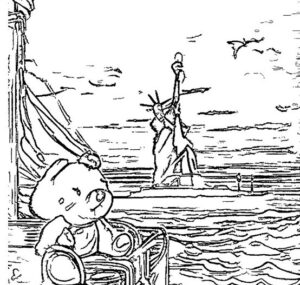Originally published in The Chattanooga Times Free Press
I was surprised to see the photos of Ron DeSantis’ motorcade multi-car pile up on I-75 near Brainerd Road. Frankly I’m skeptical about the rumors saying that a dog had caused the accident. In the more than 20 years I’ve traveled that road, I’ve never seen a dog cross that road. I wonder if his cars got entangled in some of the orange traffic cones along the way. Or maybe they got caught in heavy traffic on that section of the highway when folks careen across lanes.
It wouldn’t have been surprising if either had happened. Whatever the cause, we may never know. DeSantis was using state government vehicles and a new law was just passed shielding his travel records from public view. But we do know about our challenging roads and we’re learning more.
First lesson: Note this quote from Patrick Rothfuss, “Safe roads are the bones of civilization.” Key for keeping those bones safe is how people drive on them. Alas, what were once civilized and polite driving has given way to the equivalent of the pushing and shoving by kids in school hallways. I am forever grateful for those drivers who let you onto the highway in front of them. And for those who don’t speed up to cut you off as they cross lanes. They have a slightly saintly aura.
Second lesson: Construction is the new normal. I wonder if DeSantis’ team had driven around East Ridge and the Brainerd area. The drive can be mind-numbing. Ringgold road is continually under construction with orange traffic cones everywhere. Digging equipment have decorated various sides of the road for longer than I can remember. Main roads are blocked. Some ramps on and off to the highway are gone. My favorite mess is the circular path now made by metal shafts that lead cars on Terrace in a circle around closed I-24 ramps. A driver unused to the area had gotten on the circle by mistake and just sat there in his car, mystified at the traffic coming coming at him. Yeah, buddy…I feel your pain.
We all know that Chattanooga is growing by leaps and bounds. You only have to look at the number of grey and white apartment buildings going up all over town, transforming once distinctive areas into lookalikes. Water mains and sewer systems are being updated, often leaving raised planks and covers that click loudly driven over into the night.
As we grow and roads get more congested, the modernization process that widens and adds highway lanes can be confusing. For example, if you don’t know that the extra lanes on the highway will quickly merge and disappear, being mystified is the least of your worries.
Governor Bill Lee has responded with a statewide campaign to promote his $3 billion Transportation Modernization Act. He recently gave a speech at Alison Pike site that’s part of a larger project to widen Apison Pike from Interstate 75 to East Brainerd Road and more safely connect Ooltewah, Collegedale and Apison to Chattanooga’s urban core. An admirable goal…except for one thing. The Act explores public-private partnerships for “Choice Lanes”. That’s a divert-and-deflect euphemism for toll roads. Supposedly this will decrease congestion, save taxpayer dollars and make road projects more efficient.
The urban planner in me wants to know exactly how toll booths would be a plus for transportation. And who would own these Choice Lanes, and could sell them to whom. I hear echoes of that old saying, “The road to hell is paved with good intentions”. If you hear that, too, ask questions. Lots of pointed questions. And don’t settle for divert-and-deflect answers.

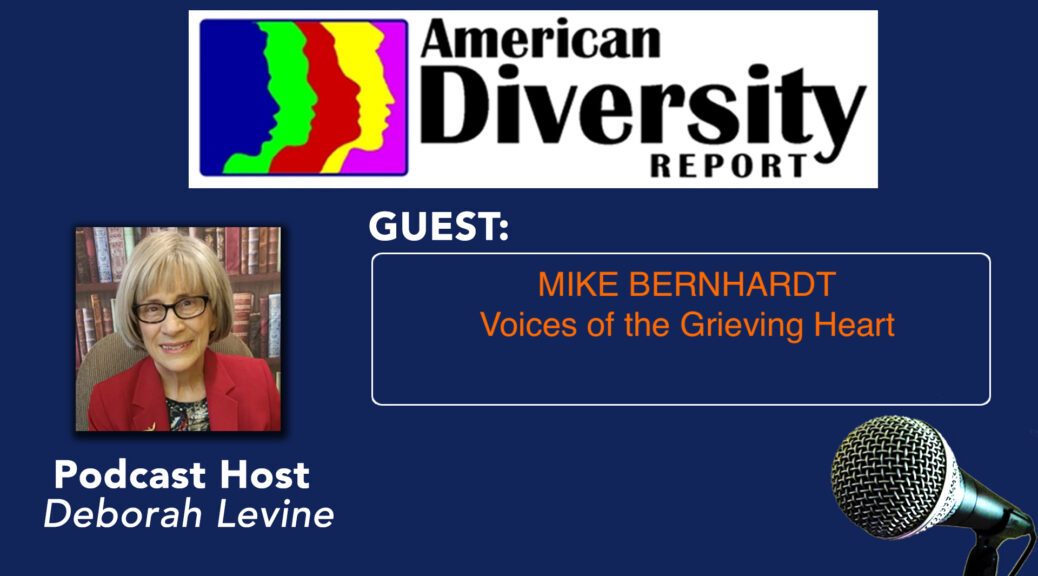
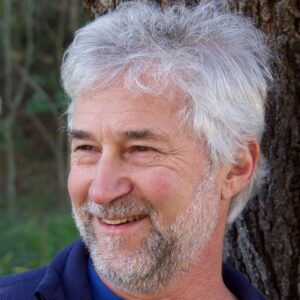 Mike Bernhardt is an award-winning writer whose work has appeared in many print and online publications including DIVE Magazine, Journey Beyond Travel, GeoEx Travel, and Hidden Compass. He’s also the editor of “Voices of the Grieving Heart,” an anthology of grief poetry. His new short story for Hidden Compass, “The Tides of War,” explores his search for what happened to his wife’s grandparents during World War II.
Mike Bernhardt is an award-winning writer whose work has appeared in many print and online publications including DIVE Magazine, Journey Beyond Travel, GeoEx Travel, and Hidden Compass. He’s also the editor of “Voices of the Grieving Heart,” an anthology of grief poetry. His new short story for Hidden Compass, “The Tides of War,” explores his search for what happened to his wife’s grandparents during World War II.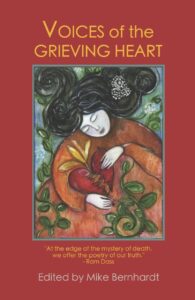 3. How can we learn from past mistakes and look at individuals, rather than their racial or ethnic affiliation, when determining who is a risk to public safety?
3. How can we learn from past mistakes and look at individuals, rather than their racial or ethnic affiliation, when determining who is a risk to public safety?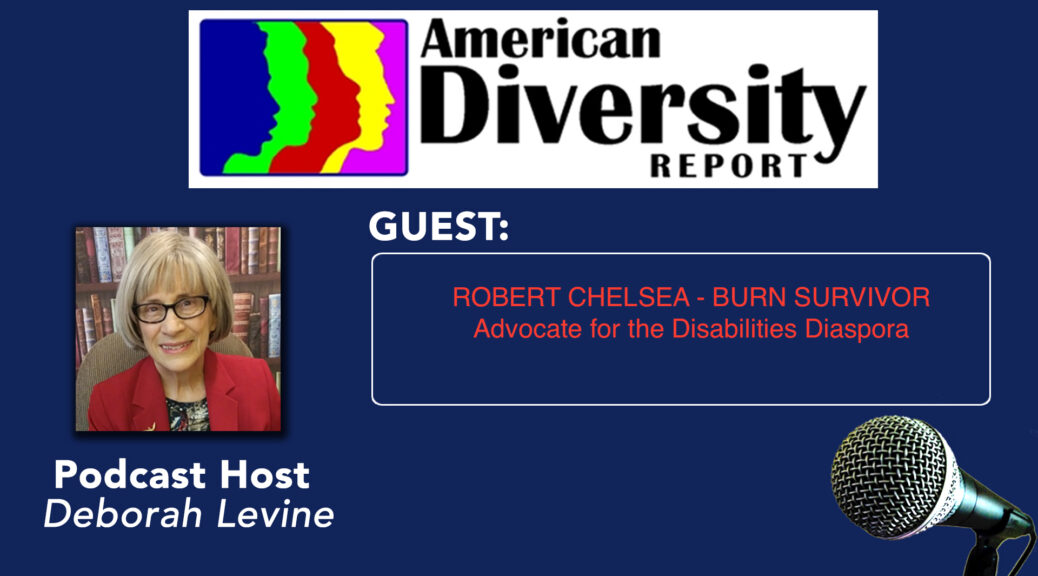
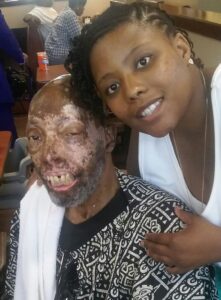 Robert Chelsea was born and raised in Los Angeles, CA where he lived and was educated as average black person, but became a Burn survivor, Amputee and Face Transplant Recipient. Hear his passion for advocacy in Transplant Technology and what caused him to advocate for the disabled diaspora.
Robert Chelsea was born and raised in Los Angeles, CA where he lived and was educated as average black person, but became a Burn survivor, Amputee and Face Transplant Recipient. Hear his passion for advocacy in Transplant Technology and what caused him to advocate for the disabled diaspora.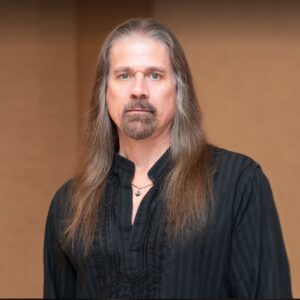 Richard Humann is a Brooklyn-based neo-conceptual artist with innumerable international gallery and museum exhibitions, including: the Kemi Art Museum, the Tampere Art Museum, the Tornio Art Museum, the San Cristóbal Art Museum, the Daelim Art Museum, Macao Art Museum, the Kaohsiung Museum of Art, the Museum of Contemporary Art, Ssamzie Space, and the Espoo Museum of Modern Art. Humann was born and raised in the Lower Hudson Valley region of New York State. He divides his time between Greenpoint, Brooklyn and Woodstock, NY.
Richard Humann is a Brooklyn-based neo-conceptual artist with innumerable international gallery and museum exhibitions, including: the Kemi Art Museum, the Tampere Art Museum, the Tornio Art Museum, the San Cristóbal Art Museum, the Daelim Art Museum, Macao Art Museum, the Kaohsiung Museum of Art, the Museum of Contemporary Art, Ssamzie Space, and the Espoo Museum of Modern Art. Humann was born and raised in the Lower Hudson Valley region of New York State. He divides his time between Greenpoint, Brooklyn and Woodstock, NY. This guide for teachers and parents helps children connect to their own feelings and develop empathy for others. The Teaching Guide uses the science of storytelling to design engaging stories as a tool for social and personal competencies. Given the growing need to teach young students respect and empathy, the video stories of
This guide for teachers and parents helps children connect to their own feelings and develop empathy for others. The Teaching Guide uses the science of storytelling to design engaging stories as a tool for social and personal competencies. Given the growing need to teach young students respect and empathy, the video stories of  Inclusive Coloring Book
Inclusive Coloring Book